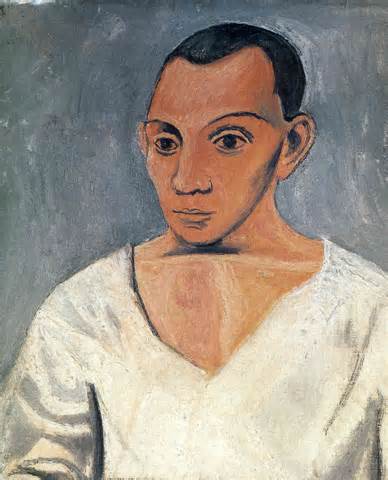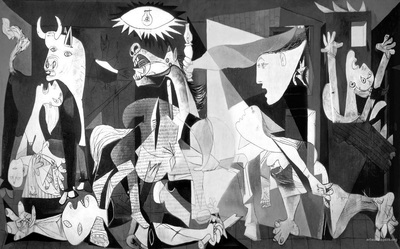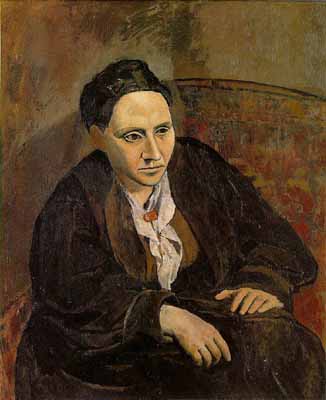
A Gesture to Memories With Children
In August of 1997 I stood at the top of the world with one son by my side.
We looked down, taking the time to look in each direction; measuring the distance, collecting the landmarks.
In August of 2001 I stood at the bottom of the world with a second son by my side.
We looked up, trying to bend backwards to take in its height; avoiding the dizzy uneasiness of that balancing act.
On September 11, 2001 I drove to work as in the early dawn of a Utah mountain morning as NPR guided my way.
As a glimmer of sun crept over the Quirrh mountains, breaking news interrupted my calm.
An airplane had collided into a tower of the World Trade Center, details unknown.
Which one was it?
The one with the observation deck where I looked down with one son.
The one where I stood at the base and looked up with another.
During the day the buildings collapsed and the world changed.
On September 20, 2003 I stood with a daughter at the edge of the largest hole in America.
We gazed through chain linked fencing to watch the tiny trucks continue to excavate, sifting for meaning in the aftermath of death and hate.
Horizontal fencing with memorial plaques of lament, grief, and hate replaced the vertical expanse of glass and concrete.
I carried McCall’s book with me through the Atlanta airport, La Guardia airport, the New York subway, the metro buses, Washington Square Park, and a variety of other places hoping that some one would engage me in conversation. No one did. On the plane ride home I had a small, pleasant conversation with an African American woman just after I finished reading and closed the book. We talked about New York and Atlanta with anonymous references. I was a displaced Westerner voluntarily selecting Georgia as place to do graduate work in Language Education. In part, because I hoped I would have to confront my own tenuous relationship with race and culture, an attempt to test the limits of my own bigotry and ignorance.







 RSS Feed
RSS Feed